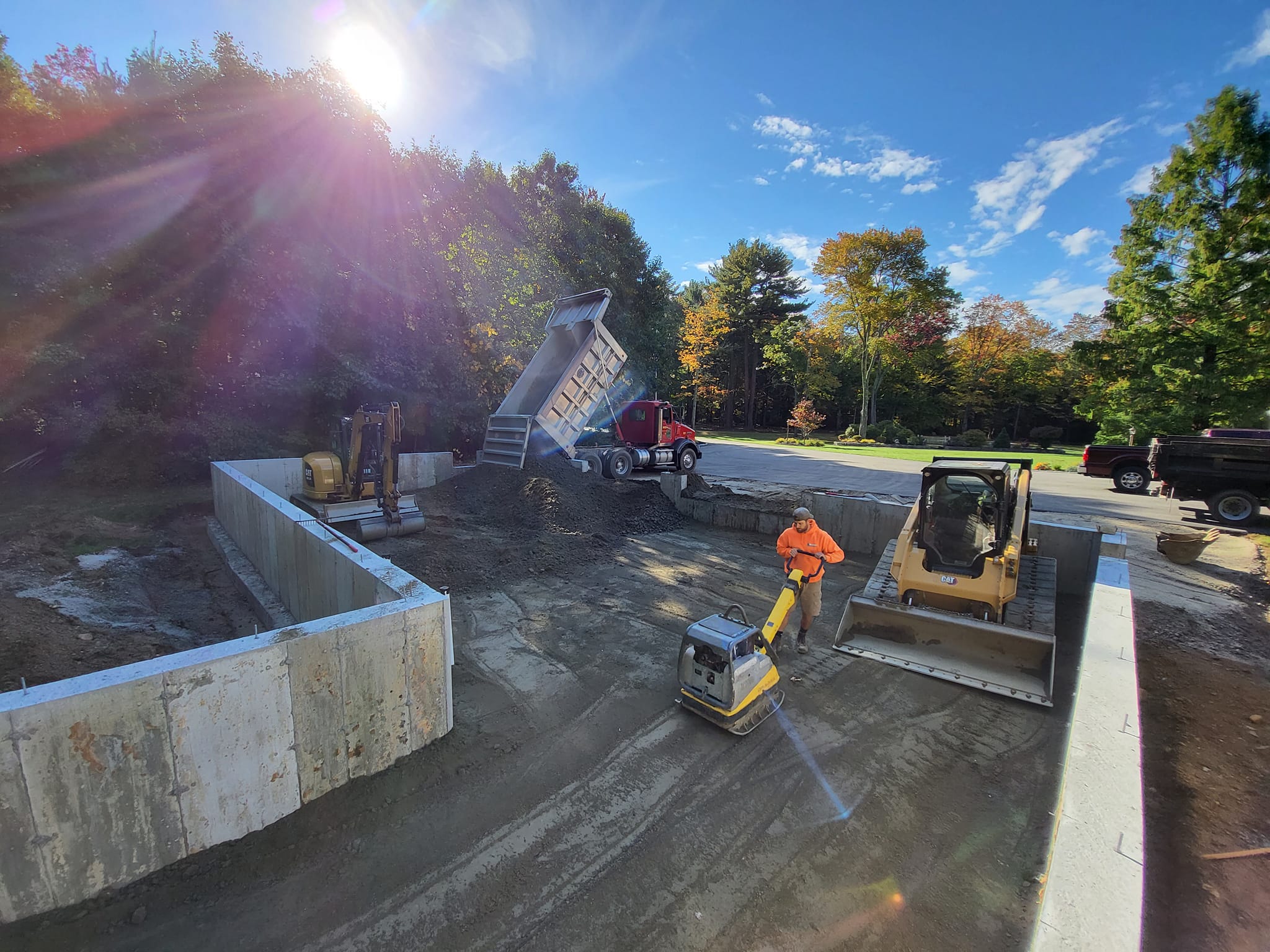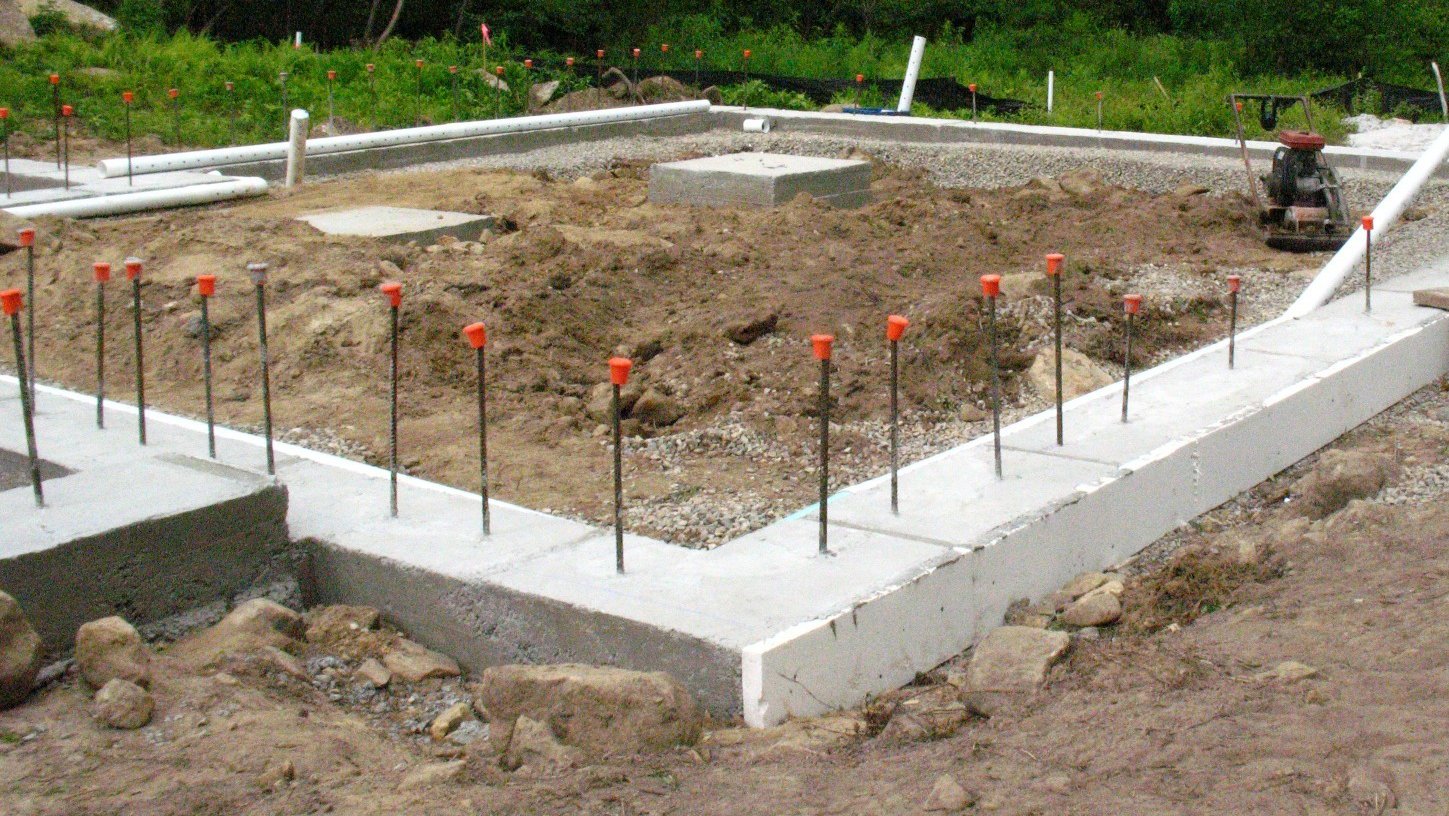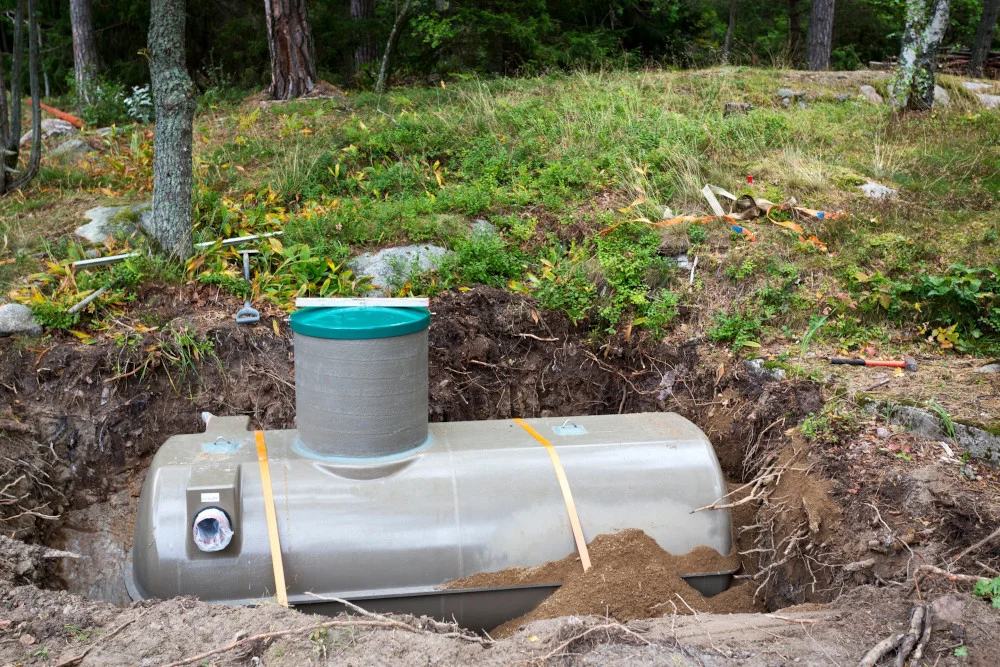What To Know Before Pouring Your Concrete Foundation
When it comes to building a new home or structure, one of the most important components is the foundation. A solid and durable foundation is essential for ensuring the stability and longevity of your building. Pouring a concrete foundation is a popular choice for many builders due to its strength and durability. However, there are several key factors to consider before pouring your concrete foundation. In this blog post, we'll cover what you should know before beginning this process.
- Proper Site Preparation is Essential
Before pouring your concrete foundation, it's essential to properly prepare the site. This includes clearing the area of any debris, grading the site to ensure proper drainage, and compacting the soil to prevent settling or shifting of the foundation.
The soil conditions in the area where you plan to pour the foundation can also affect the success of your project. If the soil is too loose or has a high water content, it may need to be stabilized or compacted using specialized techniques such as soil mixing or geotechnical fabric installation. In addition, it's important to ensure that the site is level and free from any obstructions that could interfere with the foundation.
- The Right Mix and Placement is Crucial
Choosing the right mix of concrete is another critical factor in ensuring the success of your foundation. The mix must be strong enough to support the weight of the building, yet not too brittle to withstand the natural movement of the ground. The ratio of water to cement must also be carefully controlled to prevent cracking or shrinkage.
Proper placement of the concrete is also crucial. The concrete must be poured evenly and at the right consistency to prevent voids or weak spots in the foundation. It's important to work with experienced concrete professionals who understand the complexities of concrete placement and can ensure a successful pour.
- Reinforcement and Formwork are Necessary
Reinforcement is another important consideration when pouring a concrete foundation. The reinforcement can be in the form of rebar or wire mesh, and it helps to strengthen the concrete and prevent cracking. The reinforcement must be properly placed and secured before the concrete is poured.
Formwork is also necessary for pouring a concrete foundation. The formwork serves as a mold for the concrete, ensuring that it's poured in the correct shape and size. The formwork must be strong enough to withstand the pressure of the concrete, yet flexible enough to allow for proper placement and removal.
- Proper Curing and Maintenance is Required
Once the concrete foundation is poured, it's important to allow it to properly cure. Curing is the process of allowing the concrete to harden and gain strength over time. This can take anywhere from several days to several weeks, depending on the weather conditions and other factors.
During the curing process, it's important to protect the concrete from drying out too quickly or being exposed to extreme temperatures. This can be done through the use of curing blankets or other protective measures.
After the concrete has cured, it's important to maintain the foundation properly. This includes regular inspections for cracks or other damage, as well as proper drainage and moisture control around the foundation.
IPouring a concrete foundation is a complex process that requires careful planning and attention to detail. By properly preparing the site, choosing the right mix and placement, using reinforcement and formwork, and properly curing and maintaining the foundation, you can ensure a solid and durable foundation for your building. Working with experienced concrete professionals can help ensure a successful pour and a long-lasting foundation for your project.



